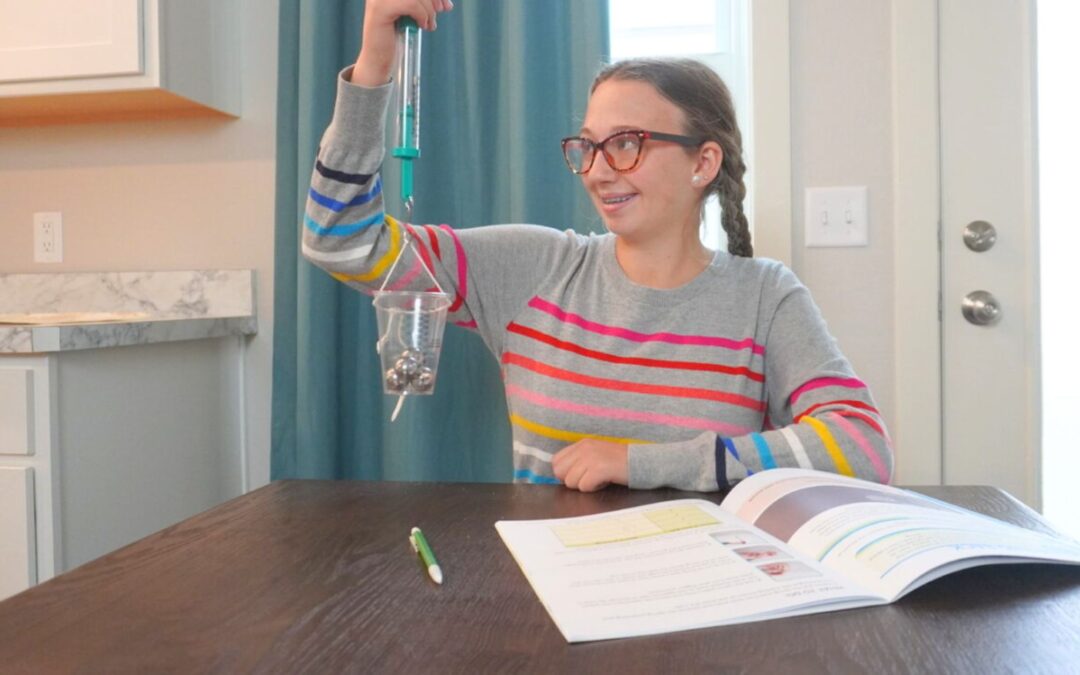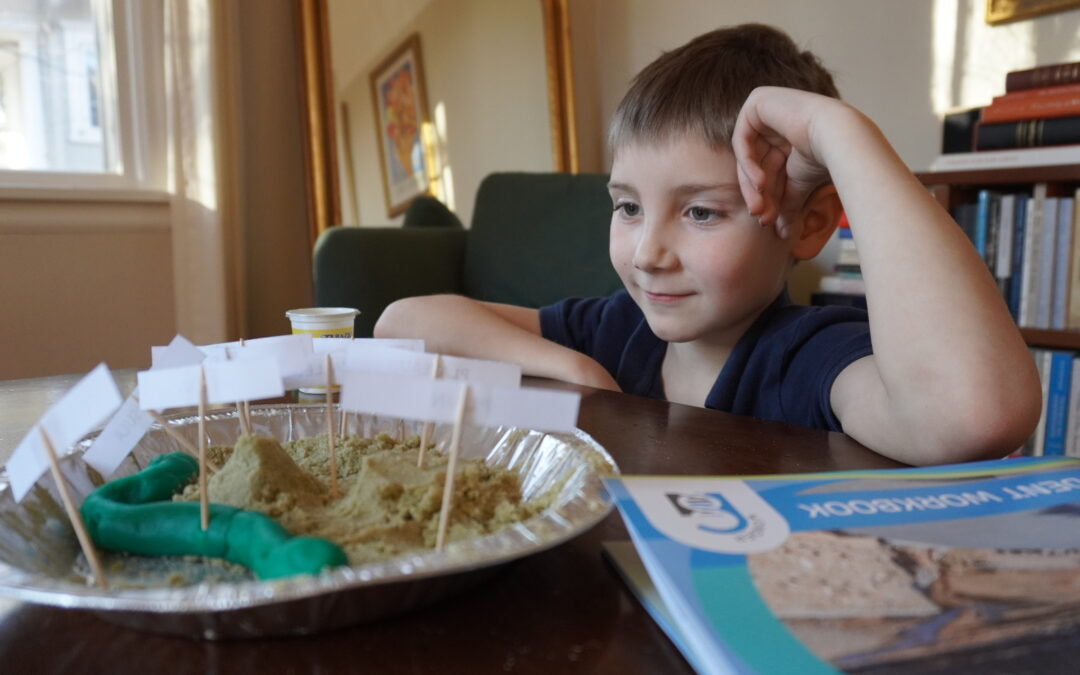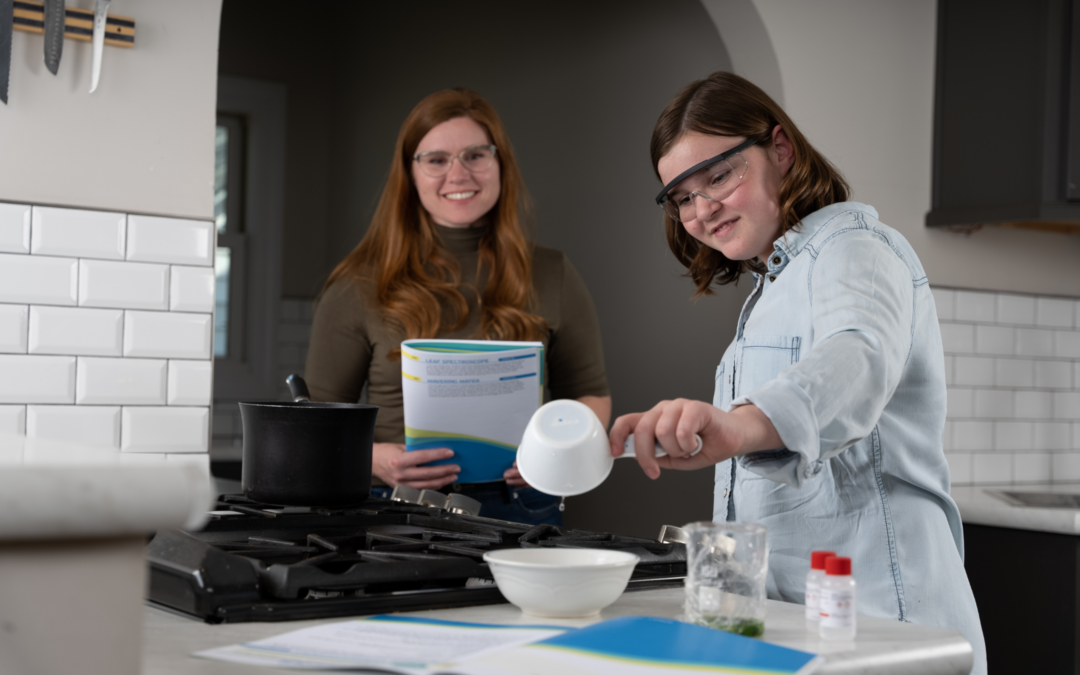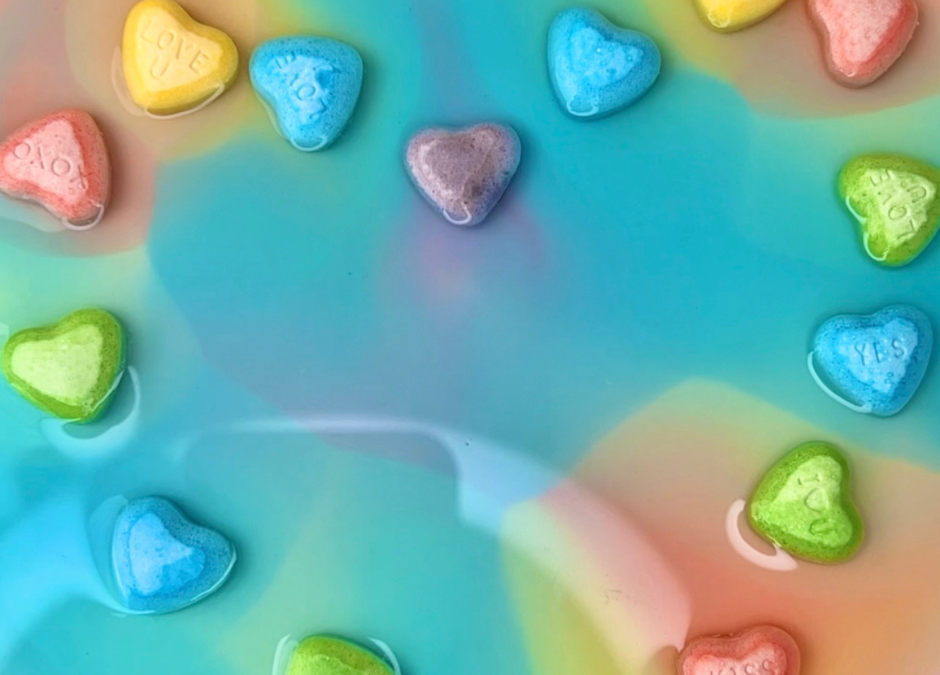Infuse a dash of experimentation into your daily routine with a Home Science Tools Beaker Mug! As we gear up for our 29th Anniversary, we’ve compiled a list of 29 exciting ways to use your beaker mug in everyday life. From brewing up creative concoctions to unleashing your inner mad scientist, there’s something for everyone on this list!
- Make (super) fast growing crystals
- Create your own DIY lava lamp
- Build a density column
- Learn about density by testing if objects sink or float
- Create a coffee density column
- Break surface tension with this pepper and water experiment
- Learn how to make an egg float
- Use your beaker mug as a base for these chromatography experiments:
- Learn how to test for starch in plants
- Dissolve an eggshell
- Try this casein plastic project
- Copper plate a penny
- Try a Saltwater Density Science Project
- Build a volcano in a beaker
- Experiment with water beads
- Learn about solutions with this science lesson
- Try this mystery pitcher ph indicator color change reaction
- Make limewater
- Make floating bubbles
- Try these soapy science experiments
- Use chemistry to make bath salts and soft water
- DIY bouncy ball
- Make your own scented air fresheners
- Try this water electrolysis experiment
- Make your own lip balm
- Drink coffee while
- Drink hot cocoa while learning about solvents
- Contemplate the mysteries of the universe over a cup of tea
- Drink a hot beverage while shopping the HST 29th Anniversary Sale
We hope this list has sparked your imagination! From your morning cup of coffee to exciting hands-on science lessons, our beaker mug is more than just a drinking glass – it’s a conversation starter, a source of inspiration, and a daily reminder that science is fun. Cheers to science discoveries that await you with our Home Science Tools Beaker Mug!
Important Safety Note: Please remember that you should not perform science experiments in the same beaker mug you use to drink from! We suggest using one beaker mug for experimentation and a separate one for enjoying your favorite drink.





